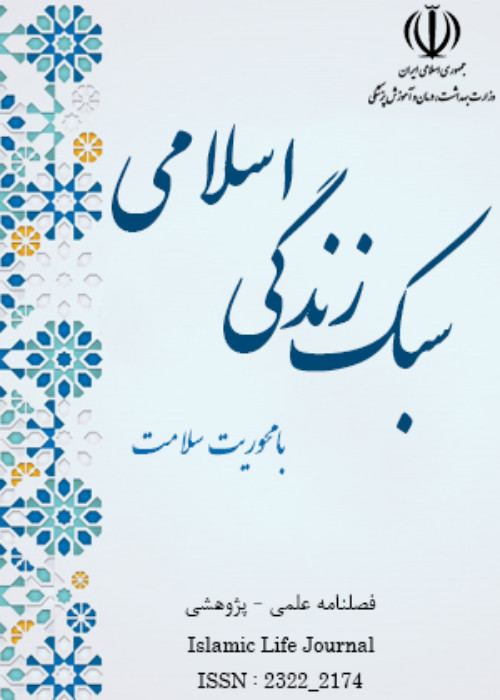Investigating the Role of Using Virtual Social Networks in Family Identity (Case Study: Citizens of Tehran)
The introduction of technology and masscommunication tools in families has affected the interactionsand social values of families and caused us to witness changesin the behavior and interactions of family members. Virtualsocial networks and the Internet as new media are the mostimportant of these technologies that have penetrated our worldtoday in such a way that it is impossible to imagine life withoutit; New media has had positive and negative effects dependingon the type of society by affecting the form of interactions ofpeople in their identity. In view of the above topics, this studywas conducted with the aim of investigating the impact of theuse of virtual social networks on the social identity of familiesin Tehran.
The number of the statisticalpopulation is equal to 2915543 people and the sample sizecalculated using Cochran's method is 384 people, of which 375people completed the researcher-made questionnaire. Thesampling method is a combination of simple random samplingand cluster sampling. The results of data analysis at thedescriptive level indicate that the social identity of 94.1% ofcitizens is at a positive and high level; Among the twodimensions of social identity, collective identity (80.8% atmedium and medium to high level) is preferred over individualidentity (68% medium and medium to high). The averageamount of use of virtual social networks from the citizens'point of view was 1 hour and 36 minutes per day.
The results of the hypothesis test indicate that thehypothesis regarding the effect of the use of virtual socialnetworks on social identity, individual identity and collectiveidentity has been confirmed and this effect has been direct andpositive. The amount of use of virtual social networks,respectively, the ability to predict variable changes in socialidentity in general (43 percent), individual identity (56percent), unity against external circumstances (28 percent) andthe individual's feeling towards They have their mental life(34%), collective identity (46%), commitment to value andnormative order (44%) and belonging to social life (16%).
In general, the use of social networks hasincreased the social identity of the citizens of Tehran
- حق عضویت دریافتی صرف حمایت از نشریات عضو و نگهداری، تکمیل و توسعه مگیران میشود.
- پرداخت حق اشتراک و دانلود مقالات اجازه بازنشر آن در سایر رسانههای چاپی و دیجیتال را به کاربر نمیدهد.


